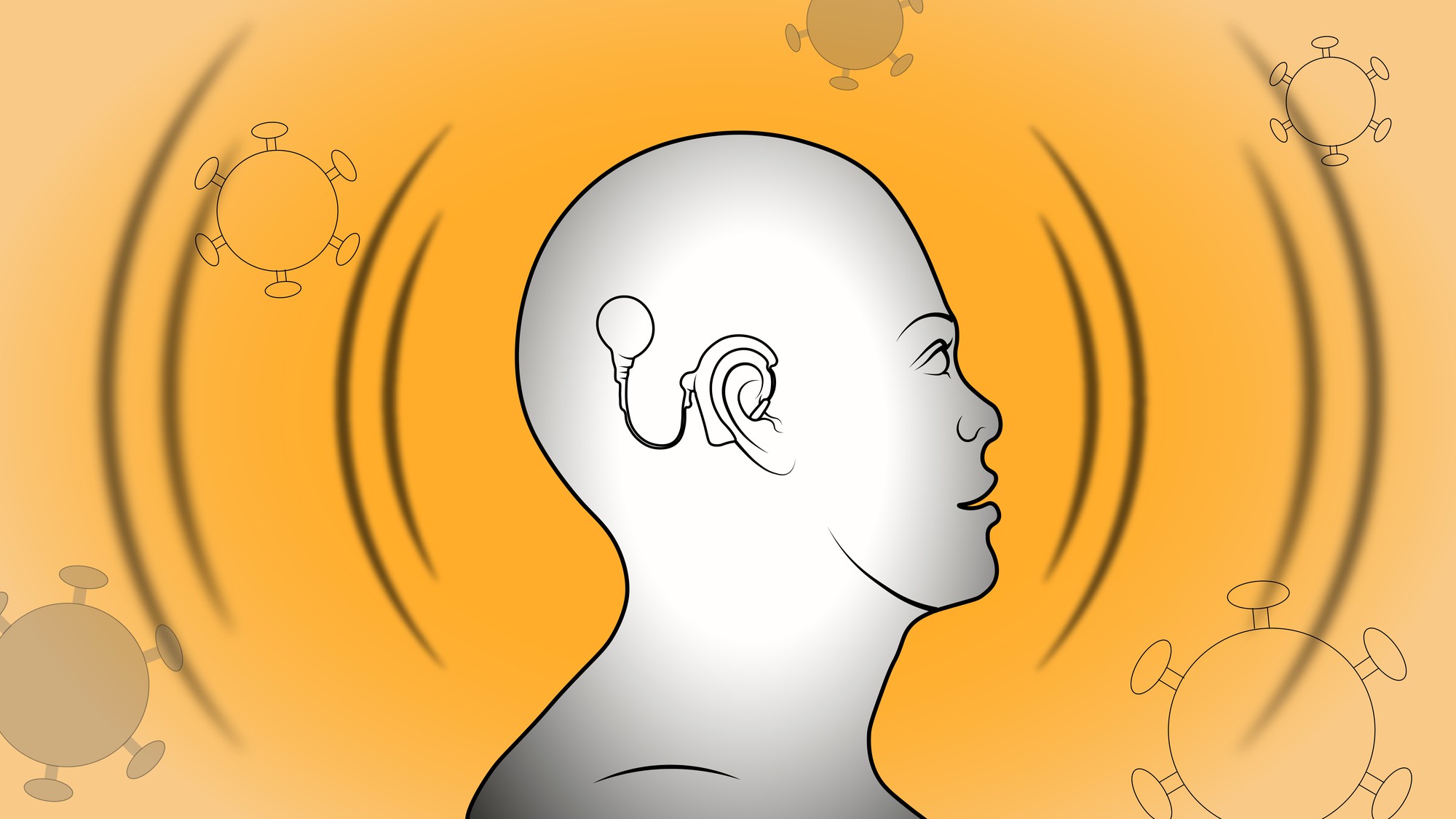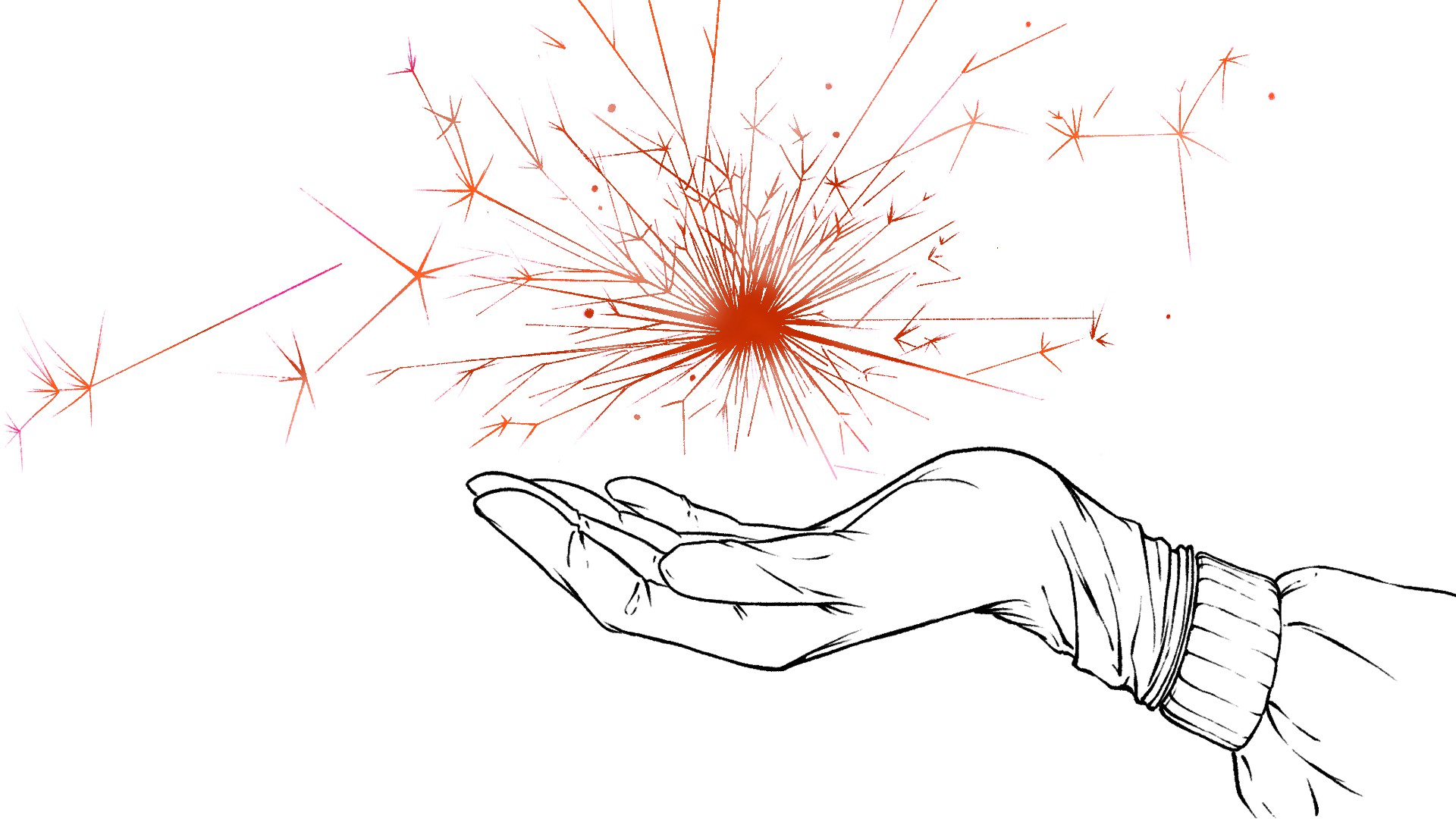Send us a link
eLife Announces New Podcast to Highlight Stories of Researchers Across the Globe
eLife Announces New Podcast to Highlight Stories of Researchers Across the Globe
As part of its efforts to promote inclusiveness in research, eLife’s new Community Voices podcast provides a platform for scientists from diverse backgrounds to share their experiences.
Being Neurodivergent in Academia: How We Stepped Up to Support Others
Scientific Publishing: The First Year of a New Era
ELife's New Model: One Year On
Being Neurodivergent in Academia: Outgrowing self-denial
After hitting rock bottom a few months into a prestigious fellowship, a postdoc recounts how they found their way to ADHD medication, therapy, and better mental health.
Being Neurodivergent in Academia: Working with My Brain and Not Against It
Being Neurodivergent in Academia: Working with My Brain and Not Against It
Being Neurodivergent in Academia: How to Navigate Fieldwork
Equity, Diversity and Inclusion: Why I Cannot Return Home Yet
Being a Scientist: Fleeing Iraq with Nothing but a Dream
Being a Scientist: Fleeing Iraq with Nothing but a Dream
Equity, Diversity and Inclusion: When Communication All Changed
Equity, Diversity and Inclusion: When Communication All Changed

Rethinking Academia in a Time of Climate Crisis
Universities must change so that the scientific enterprise can respond to the climate crisis.
ELife's New Model: Open for Submissions
All papers reviewed by eLife as part of our new model will now be published as Reviewed Preprints.
Health: Reading Our Future in the Bones of Children Past
As the United Kingdom braces for a sharp fall in living standards, a bioarchaeologist and a paediatrician discuss what the past can reveal about the social forces that shape modern health crises.

Funders Support Use of Reviewed Preprints in Research Assessment
Funders and other research organisations are embracing reviewed preprints as an alternative way to assess researchers, and call on others to do the same.

Equity, Diversity and Inclusion: The Hidden Toll of Community Outreach
Caught in a system eager for success stories, a PhD student from an underrepresented background learns how to balance his challenges in the lab with his desire to serve his community.
Science and Politics: The Fight for Evolution
As the Turkish government intensified its attacks on the theory of evolution, the academic community rallied to push back. A researcher recounts how she decided to join them.
Scientific Publishing: Peer Review Without Gatekeeping
eLife is changing its editorial process to emphasize public reviews and assessments of preprints by eliminating accept/reject decisions after peer review.
ELife Ends Accept/reject Decisions Following Peer Review
eLife will emphasise the public peer review of preprints, restoring author autonomy and promoting the assessment of scientists based on what, not where, they publish.
How I Learned to Redefine Academic Success As a Senior Postdoc
After many professional twists and turns, a researcher reconsiders what it means to 'make it' in academia.
How Failure to Falsify in High-Volume Science Contributes to the Replication Crisis
How Failure to Falsify in High-Volume Science Contributes to the Replication Crisis
An increased emphasis on falsification - the direct testing of strong hypotheses - will lead to faster progress in science by allowing well-specified hypotheses to be eliminated.
Research Culture: Highlighting the Positive Aspects of Being a PhD Student
Research Culture: Highlighting the Positive Aspects of Being a PhD Student
Articles about doing a PhD tend to focus on the difficulties faced by research students: here we argue that the scientific community should also highlight the positive elements of the PhD experience.
Lab Life: When Your PhD (almost) Falls Apart
As a chance observation threatens to unravel several years of work, a PhD student must choose what to do next.

ELife and PREreview Extend Partnership to Boost Community Engagement in Open Peer Review
ELife and PREreview Extend Partnership to Boost Community Engagement in Open Peer Review
As eLife moves towards a 'publish, review, curate' model that puts preprints first, the two initiatives will work together to promote diversity in open scholarly review.

